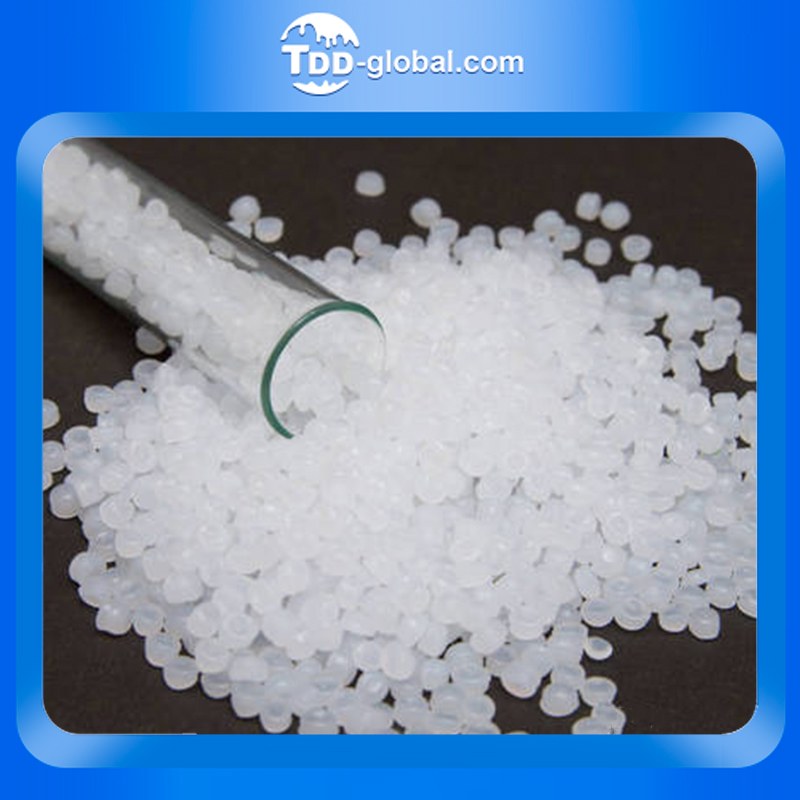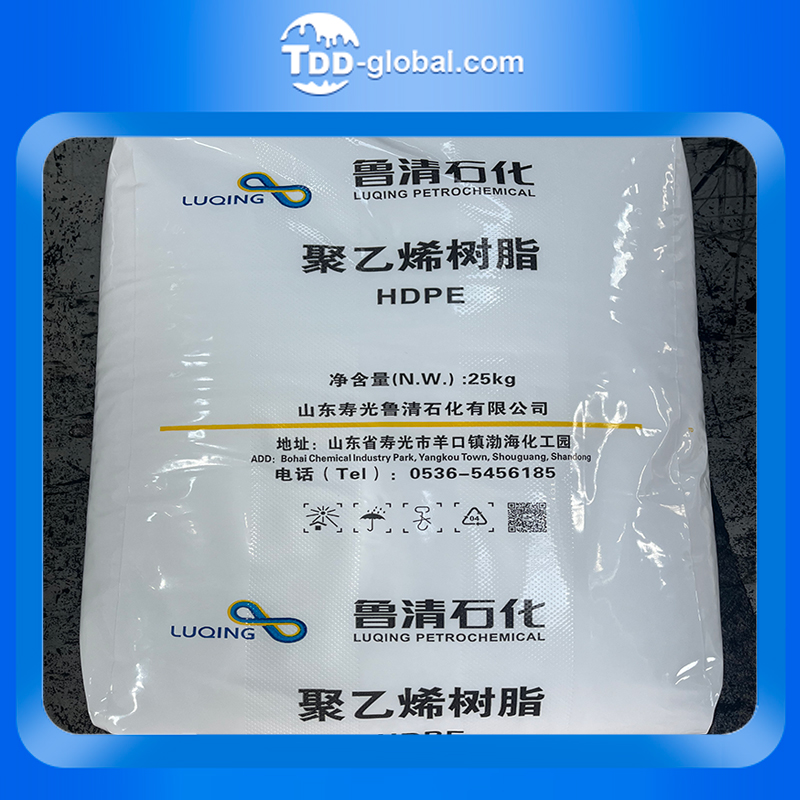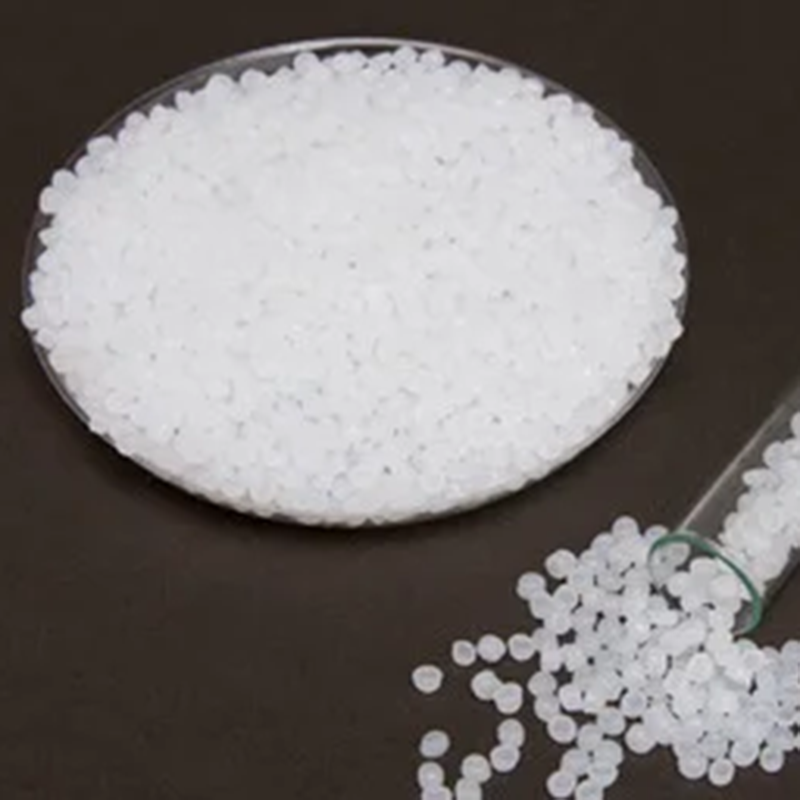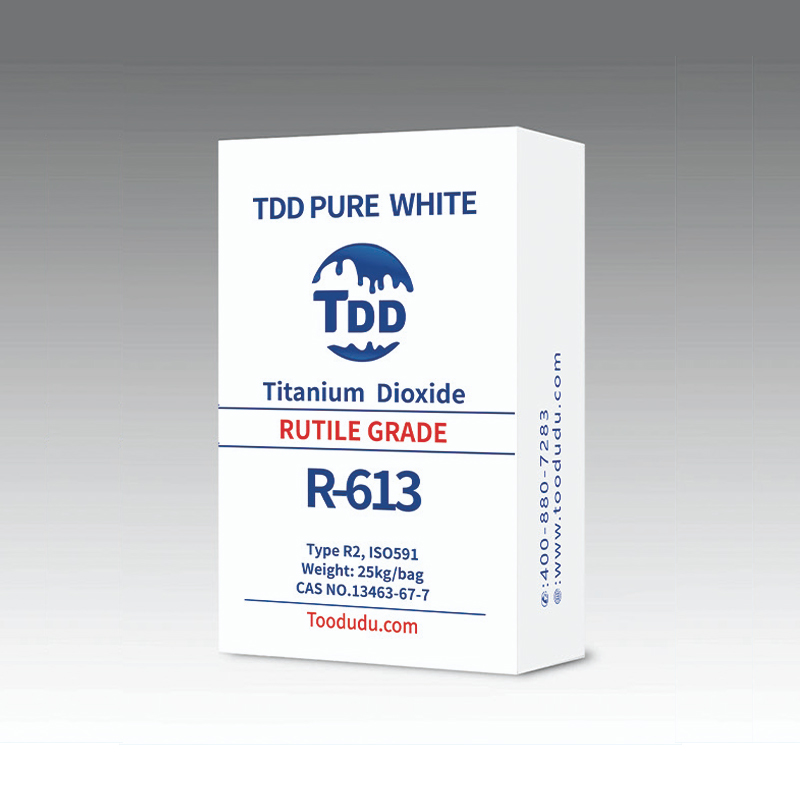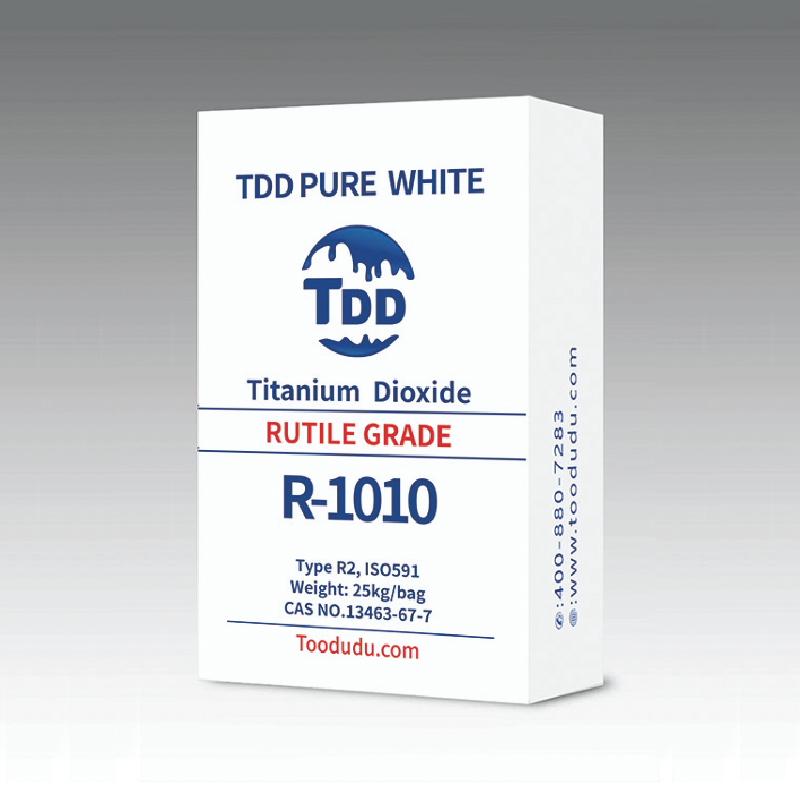1 noun, an absorption oil used to wash out benzene or naphthalene compounds from coal gas. It is a fraction of coal tar or petroleum . The temperature is 230~300°C. Its clear use was not found in the early days. It was used to combine it with coal tar and petroleum. Other components have similar miscibility characteristics and are used to wash the gas generated during the fractionation process to absorb benzene, naphthalene and other substances in the gas, hence the name washing oil, which is now mainly used as a term in the coal tar industry.
Generally a yellowish-brown or brown oily liquid. It is mainly composed of naphthalene compounds, acenaphthene , fluorene , oxyfluorene, phenol , nitrogen heteroaromatic compounds, etc.
2 Verb, describing the process of washing out or washing away oil, sometimes used as a synonym. It is commonly used in the field of oil extraction in industry.
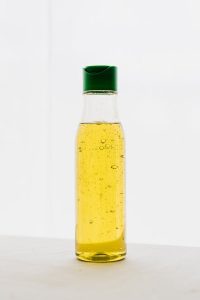
Introduction #
Washing oil is one of the important fractions in the coal tar distillation process. It has a boiling range of 230-300°C and accounts for about 4.5-10% of coal tar . It is a complex mixture. Due to the different cutting processes of each manufacturer, the content of each component The range of fluctuations is huge.
Generally speaking, washing oil is a yellowish-brown to brown oily liquid, rich in quinoline, isoquinoline, indole, α-methylnaphthalene, β -methylnaphthalene, biphenyl , dimethylnaphthalene, acenaphthene , and oxyfluorene and fluorene and other valuable organic chemical raw materials, with the highest content of naphthalene compounds.
Application #
There are three main categories
1. Used to wash benzene or naphthalene from coke oven gas while absorbing other components.
This type of washing oil is rich in a variety of fine chemical raw materials or products [2], can separate and extract the raw materials of benzene, naphthalene, acenaphthene, fluorene, oxyfluorene, phenol, azaaromatic ring (especially quinoline) and other products, and has a very high deep processing value.
2 To be processed into fuel oil, it generally needs to be hydrorefined and used as a diesel blending component.
3 Raw materials for making carbon black.
In addition, it is also used to prepare anti-corrosion oil, produce diffusion agents , water reducing agents, etc., and is also a cleaning agent for industrial equipment and mechanical equipment.
wash oil, verb #
Describes the process of washing out or washing away oil, and is sometimes used synonymously. It is commonly used in the field of oil extraction in industry.
In the oil extraction industry, it is a technical term for oil field development . Crude oil, especially heavy crude oil, is often dispersed in rock formations. There is a lot of oil inside the rock. The process of extracting the oil from the rock formation using gas drive, solvent dissolution and other methods is called oil washing.
In addition, in industrial production and daily life, the process of cleaning oil from the surface or interior of an object is often called oil washing, such as the removal of oil stains on the surface of parts, regular cleaning of range hoods, etc.

 2024-03-10
2024-03-10 